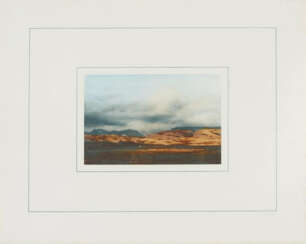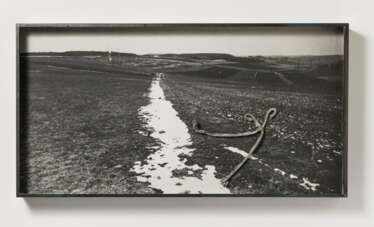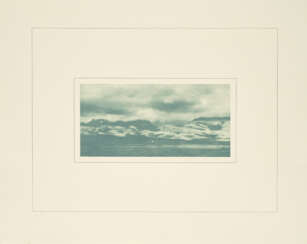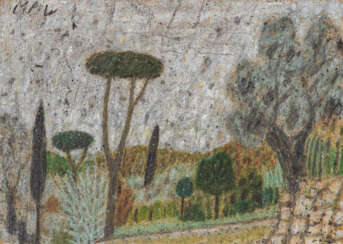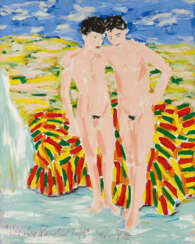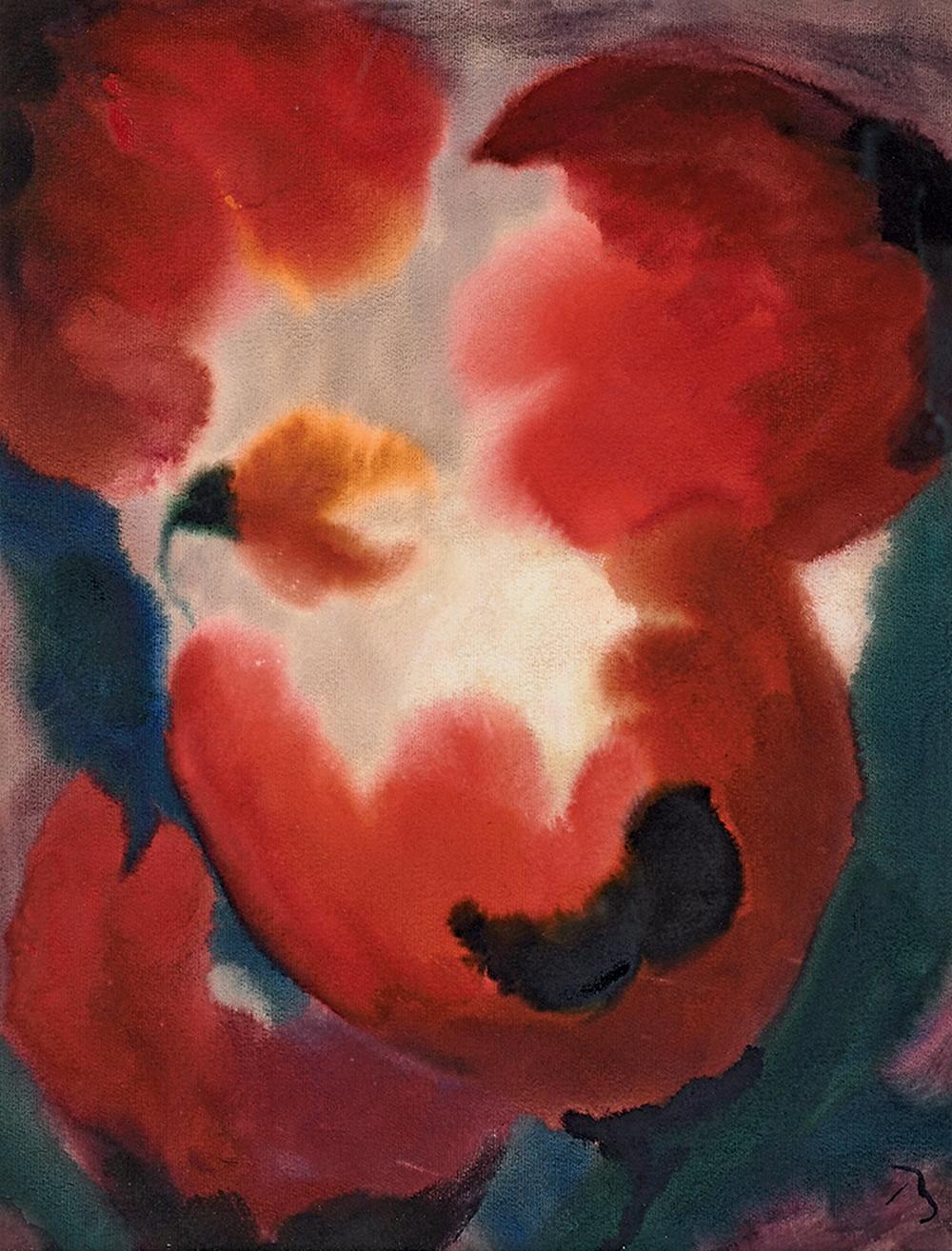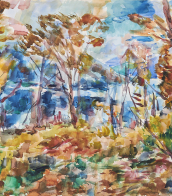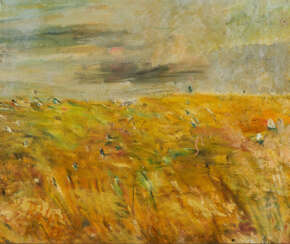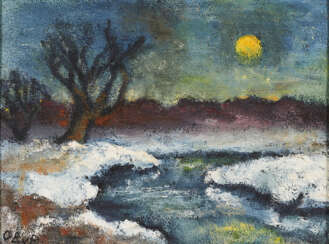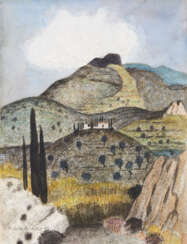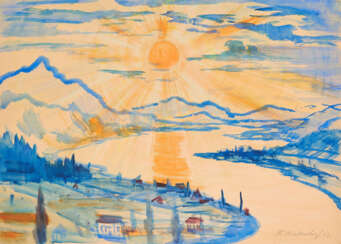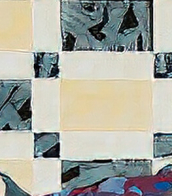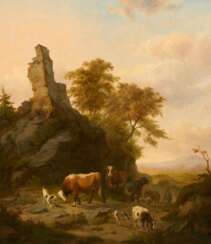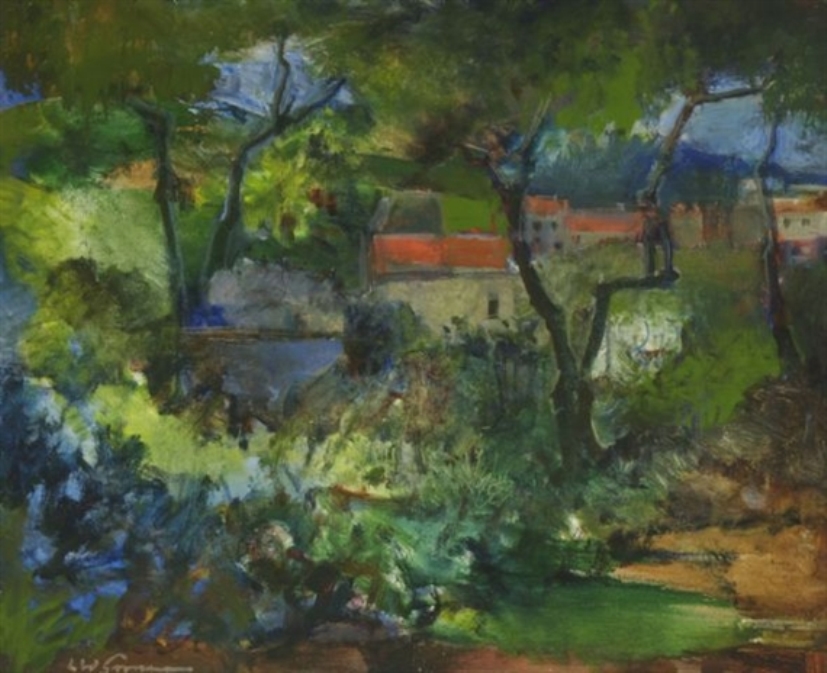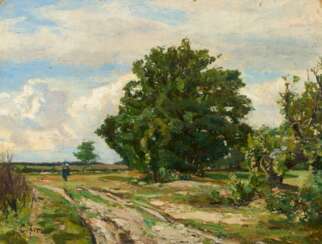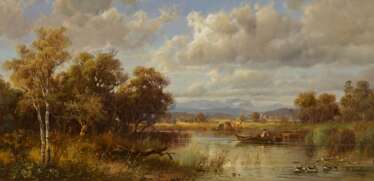landschaften
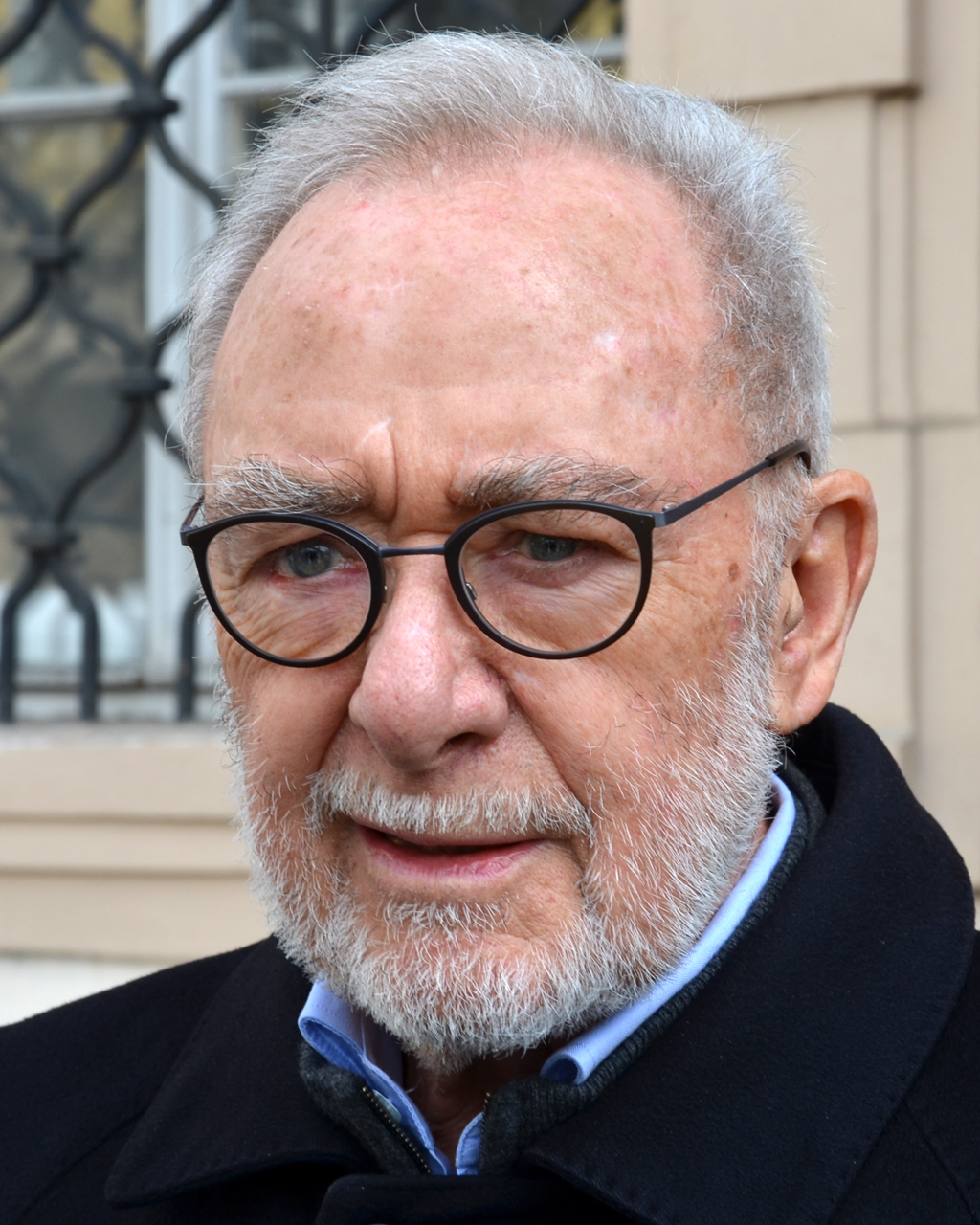
Gerhard Richter is a German visual artist. Richter has produced abstract as well as photorealistic paintings, and also photographs and glass pieces. He is widely regarded as one of the most important contemporary German artists and several of his works have set record prices at auction.
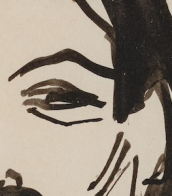
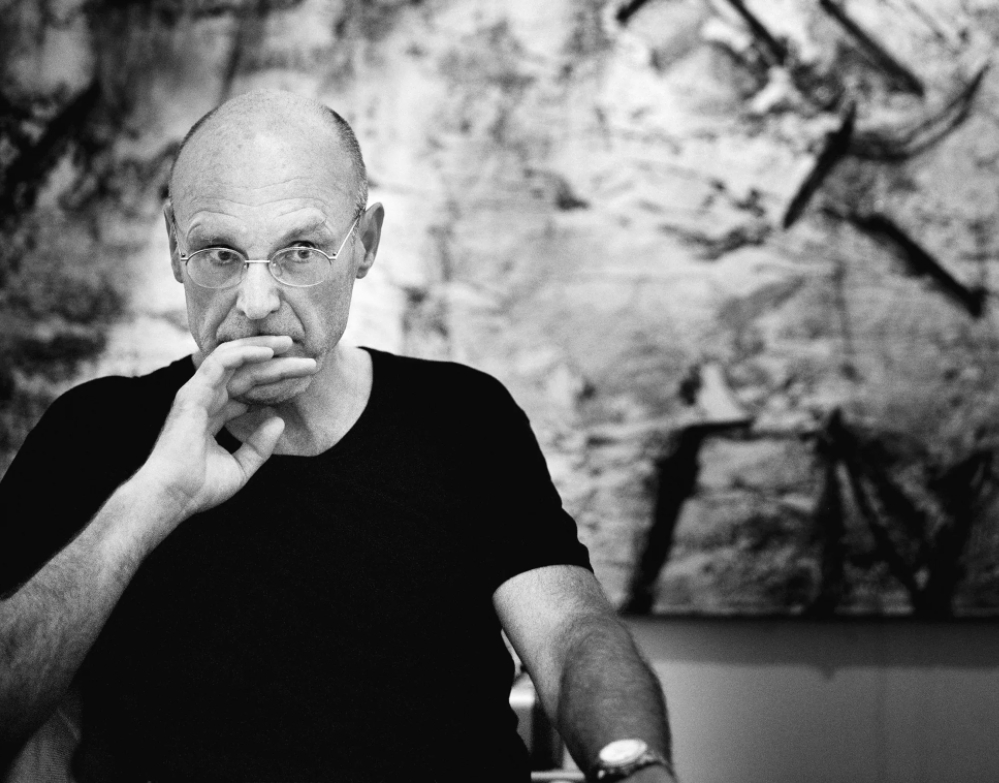
Anselm Kiefer, a German artist born in 1945, is renowned for his profound contributions to painting and sculpture. He is distinguished by his use of unconventional materials such as straw, ash, clay, lead, and shellac, which he selects for their symbolic and alchemical properties. Anselm Kiefer's works often delve into themes of German history, mythology, and the Holocaust, using these materials to evoke a range of emotions and reflections on past and present.
One of his notable pieces, "Margarete," inspired by Paul Celan's poem "Death Fugue," employs straw to symbolize various themes, including racial purity and the fragility of life. Another significant work, "The High Priestess/Zweistromland," features an installation of lead books, reflecting on the transmission and preservation of knowledge. "Shevirat Ha-Kelim" is a sculpture that explores themes from the Kabbalah, representing the fragmentation of divine attributes.
Anselm Kiefer's art is not just visually impactful but also intellectually stimulating, encouraging viewers to ponder complex historical and philosophical questions. His works are displayed in prestigious venues worldwide, including the Centre Georges Pompidou in Paris and private collections.
For art collectors and experts, Anselm Kiefer's oeuvre offers a compelling blend of historical depth, material innovation, and philosophical inquiry. If you're intrigued by Kiefer's unique approach to art and wish to stay informed about new works and auction events related to Anselm Kiefer, consider signing up for updates to ensure you don't miss out on the opportunity to engage with his profound and evocative creations.
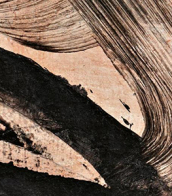

Gerhard Richter is a German visual artist. Richter has produced abstract as well as photorealistic paintings, and also photographs and glass pieces. He is widely regarded as one of the most important contemporary German artists and several of his works have set record prices at auction.

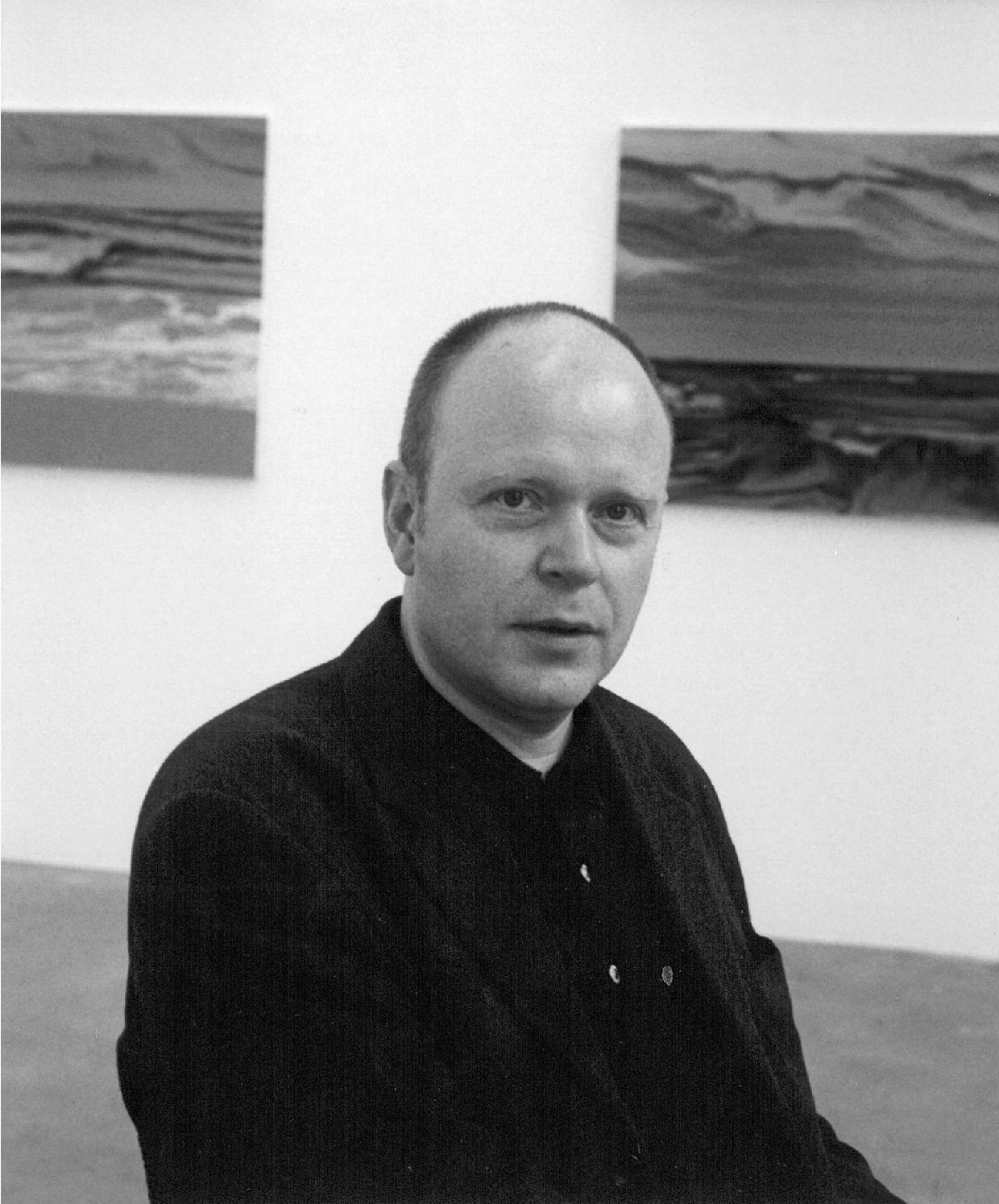
Axel Kassebömer was a German artist known for his innovative and multidisciplinary approach to art.
Axel Kassebömer's artistic practice was characterised by a combination of conceptual and visual elements. He often explored the intersection of art, science and technology, incorporating scientific principles and mathematical concepts into his work. His art sought to provoke thoughtful contemplation and challenge traditional notions of perception and reality.
In his paintings, Kassebömer used geometric shapes, intricate patterns and vivid colours. He played with spatial relationships and optical illusions, creating dynamic compositions that invited viewers to engage intellectually and sensorially with works of art.
Axel Kassebömer's interest in photography led him to experiment with capturing movement, time and light. He used long exposures and multiple exposures to create abstract and ethereal images that conveyed a sense of fluidity and transformation.


Axel Kassebömer was a German artist known for his innovative and multidisciplinary approach to art.
Axel Kassebömer's artistic practice was characterised by a combination of conceptual and visual elements. He often explored the intersection of art, science and technology, incorporating scientific principles and mathematical concepts into his work. His art sought to provoke thoughtful contemplation and challenge traditional notions of perception and reality.
In his paintings, Kassebömer used geometric shapes, intricate patterns and vivid colours. He played with spatial relationships and optical illusions, creating dynamic compositions that invited viewers to engage intellectually and sensorially with works of art.
Axel Kassebömer's interest in photography led him to experiment with capturing movement, time and light. He used long exposures and multiple exposures to create abstract and ethereal images that conveyed a sense of fluidity and transformation.
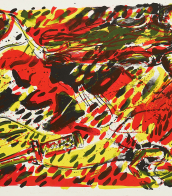

Gerhard Richter is a German visual artist. Richter has produced abstract as well as photorealistic paintings, and also photographs and glass pieces. He is widely regarded as one of the most important contemporary German artists and several of his works have set record prices at auction.
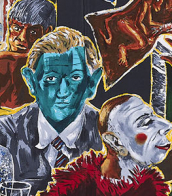
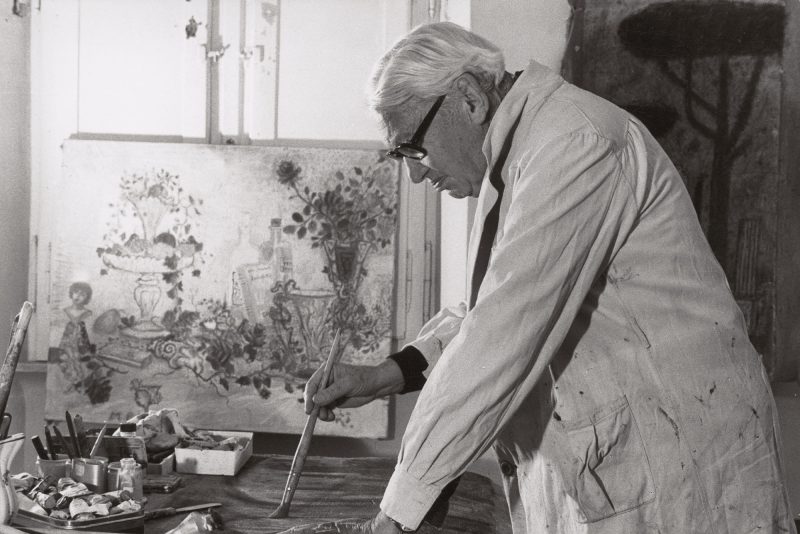
Max Peiffer Watenphul was a German artist. Described as a "lyric poet of painting", he belongs to a "tradition of German painters for whom the Italian landscape represented Arcadia." In addition to Mediterranean scenes, he regularly depicted Salzburg and painted many still lifes of flowers. As well as oil paintings, his extensive body of work encompasses watercolours, drawings, enamel, textiles, graphic art, and photographs.
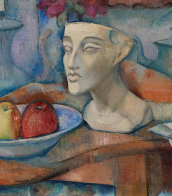
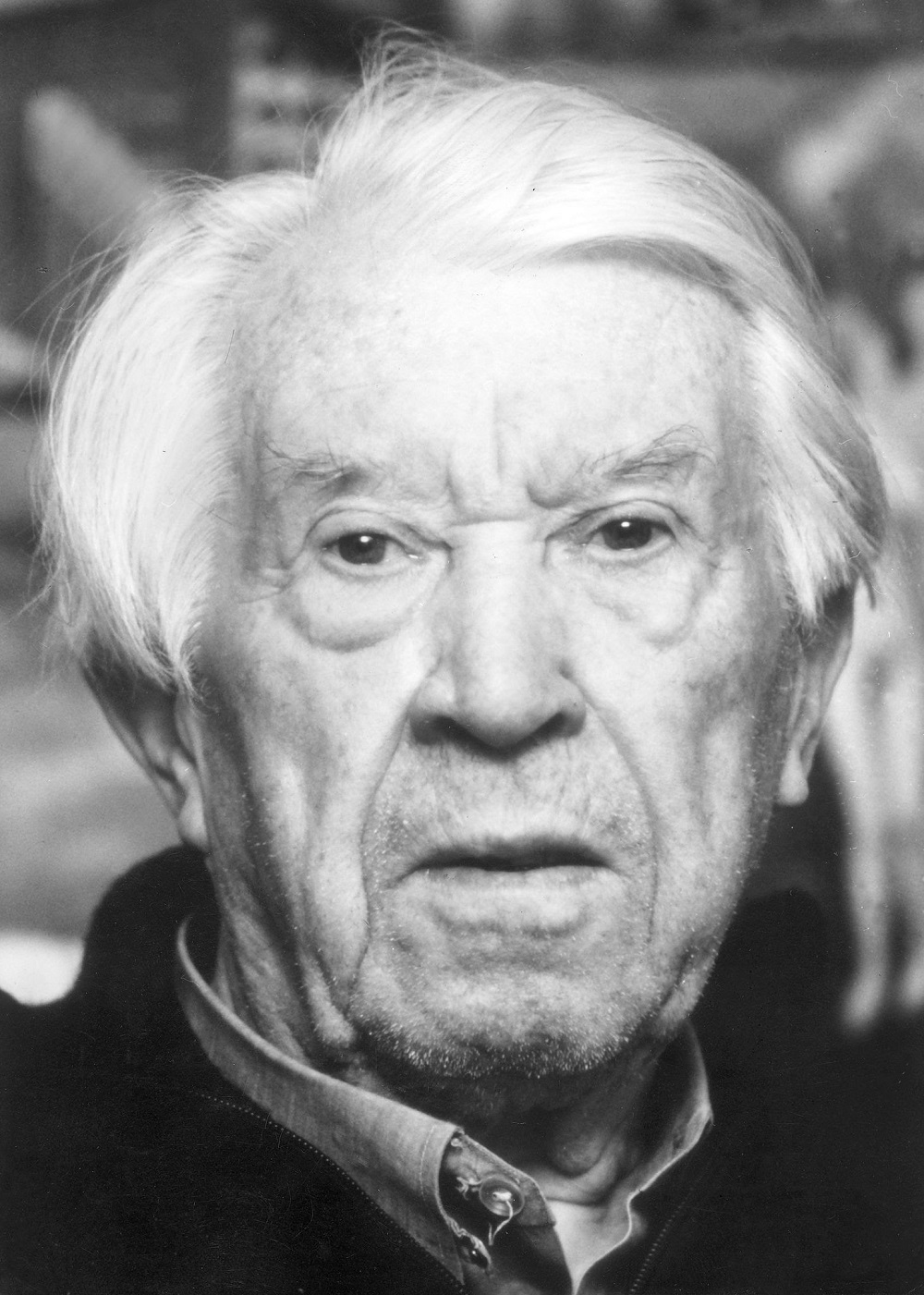
Franz Radziwill was a German artist of the twentieth century. He is known as a landscape painter, graphic artist and printmaker associated with the artistic movement of "new materiality".
Franz Radziwill created paintings that are characterized by careful elaboration and the use of glaze techniques borrowed from the Old Masters. He used elements of industrial buildings and modern technology, including ships and airplanes, in his landscapes. The results of his work can be categorized as magical realism.
In 1933 Radziwill became professor of painting at the Düsseldorf Academy of Art, but in 1935 the Nazis stripped him of this position, declaring his work degenerate art.

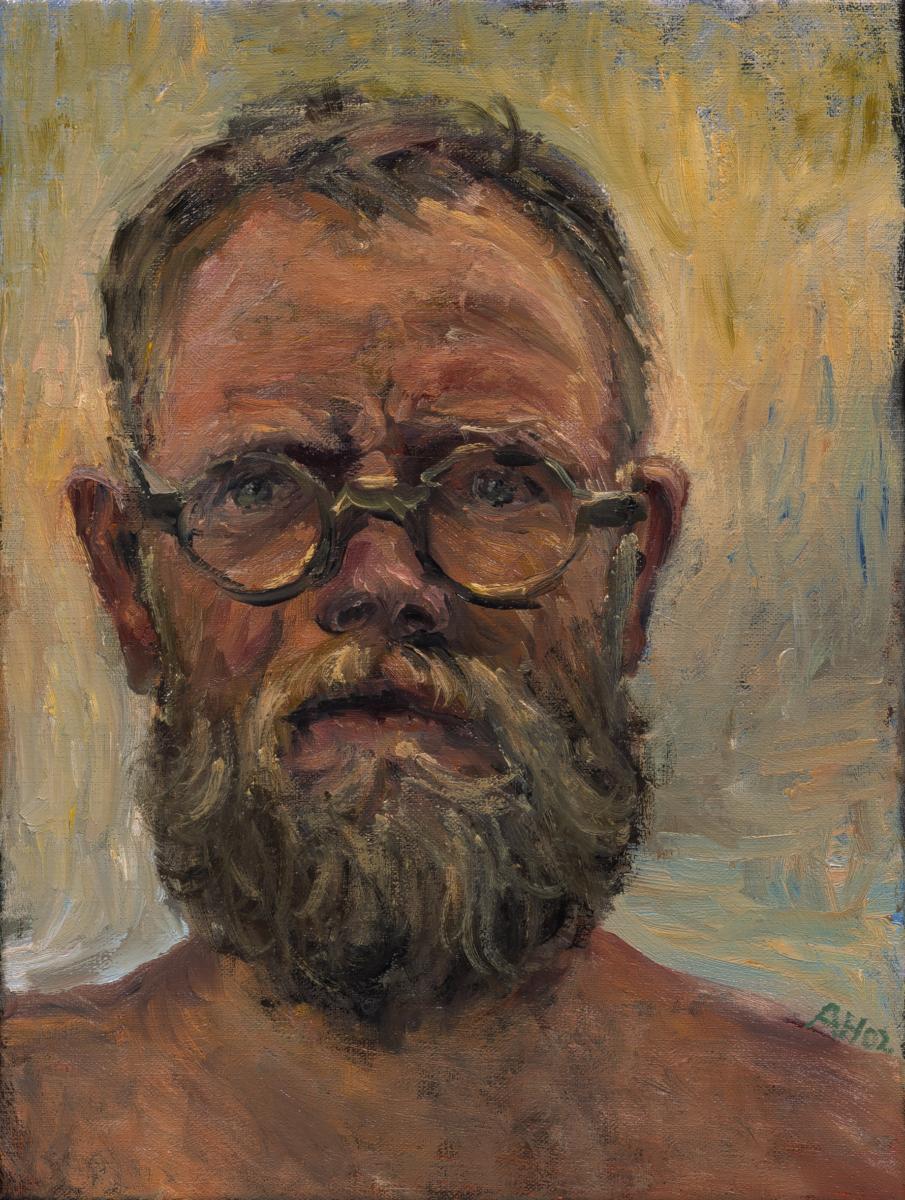
Anton Henning is a German self-taught artist, designer, sculptor and installer.
He lives and works in Berlin, London and New York and has established himself as a talented and extraordinary furniture and interior designer. Henning is inspired by views of world capitals while developing his own avant-garde styles. He also wittily analyzes art history through his installations, sculptures and paintings.

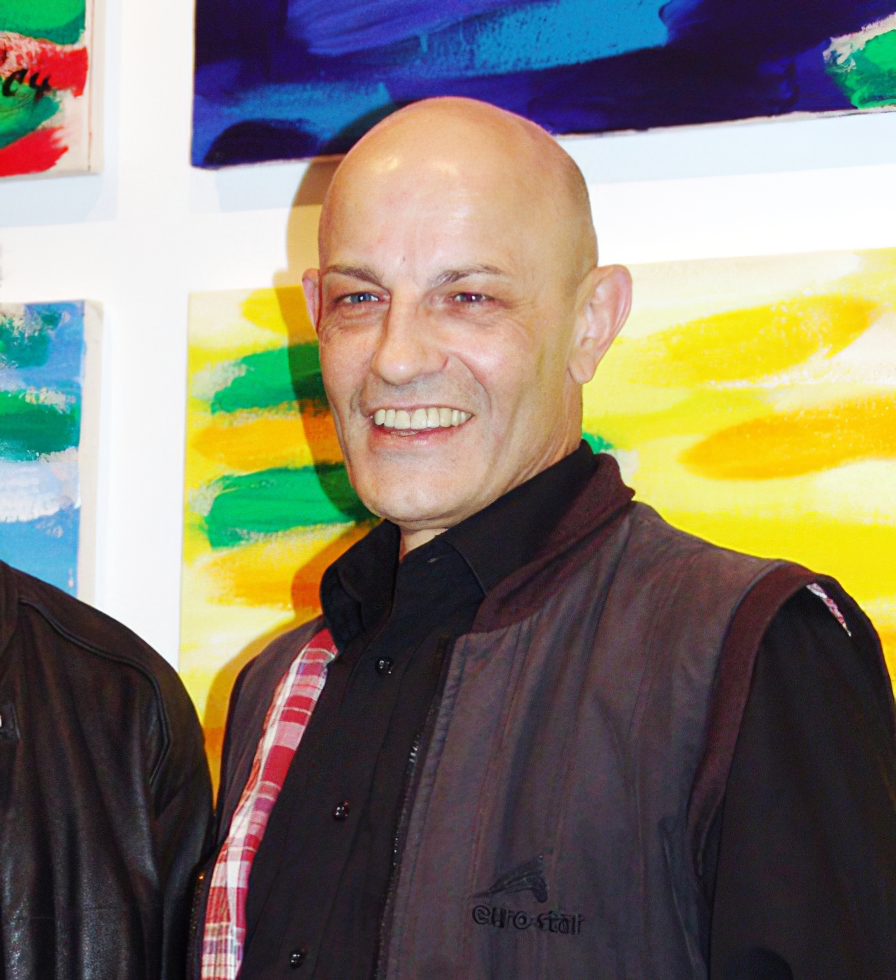
Salomé (born as Wolfgang Ludwig Cihlarz) is a German artist. His paintings are in renowned museums and collections all over the world. Salomé became known as one of the members of the art group Junge Wilde (Wild Youth) or Neue Wilde (New Wild Ones). He also is recognized as a sculptor and Punk singer.

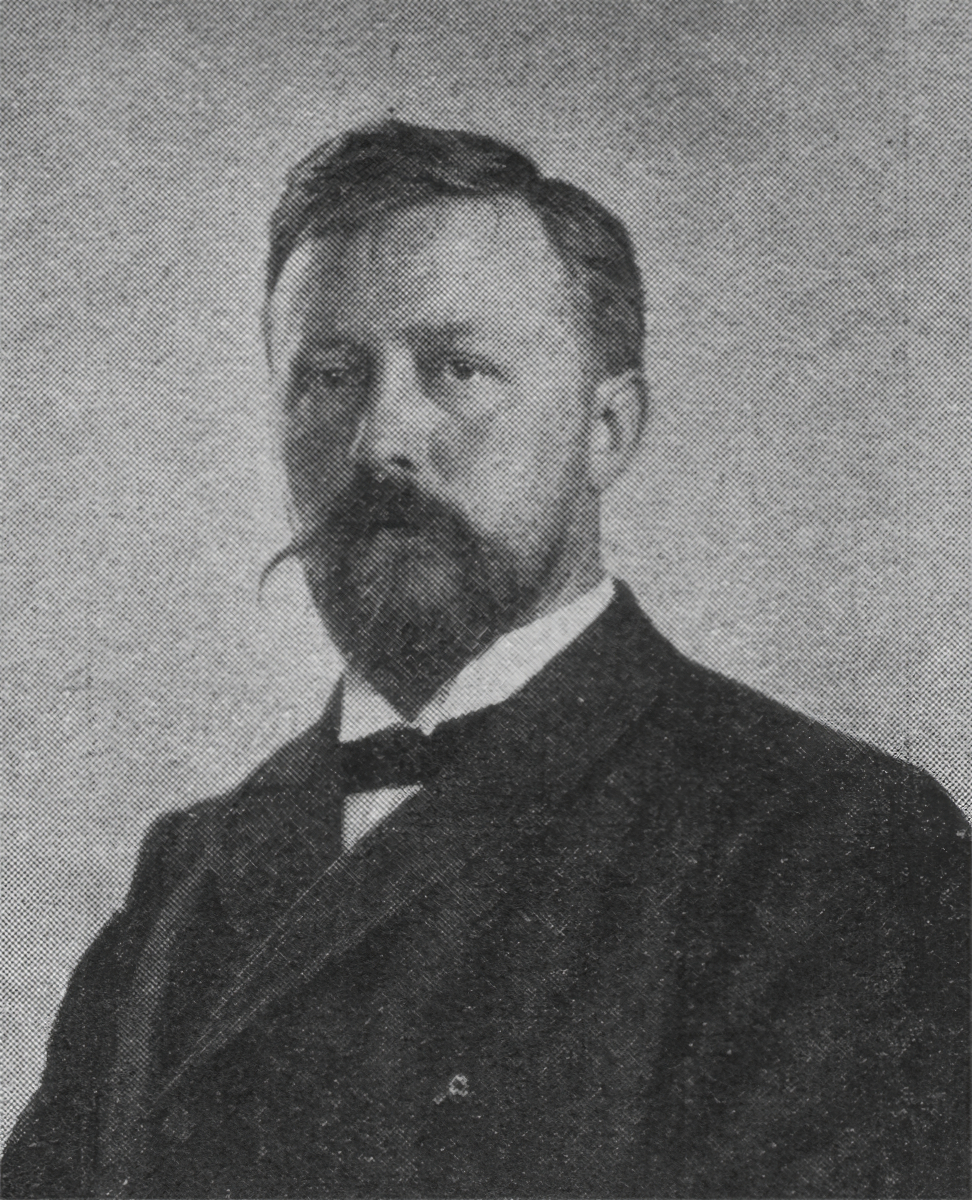
Friedrich Kallmorgen was a German Impressionist painter who specialized in landscapes and cityscapes.
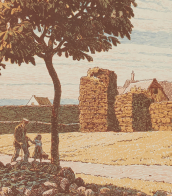

Gerhard Richter is a German visual artist. Richter has produced abstract as well as photorealistic paintings, and also photographs and glass pieces. He is widely regarded as one of the most important contemporary German artists and several of his works have set record prices at auction.

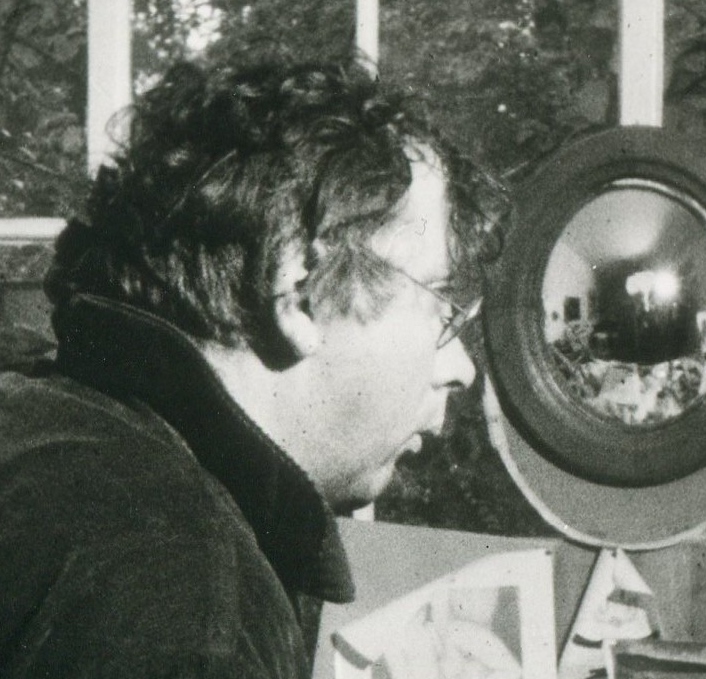
Horst Janssen was a German graphic artist, printmaker, poster and illustrator. He created many drawings, etchings, woodcuts, lithographs, and woodcuts.
There is a museum dedicated to his legacy in Horst Janssen's hometown of Oldenburg. His works are represented internationally in major museums.
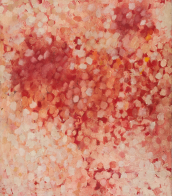
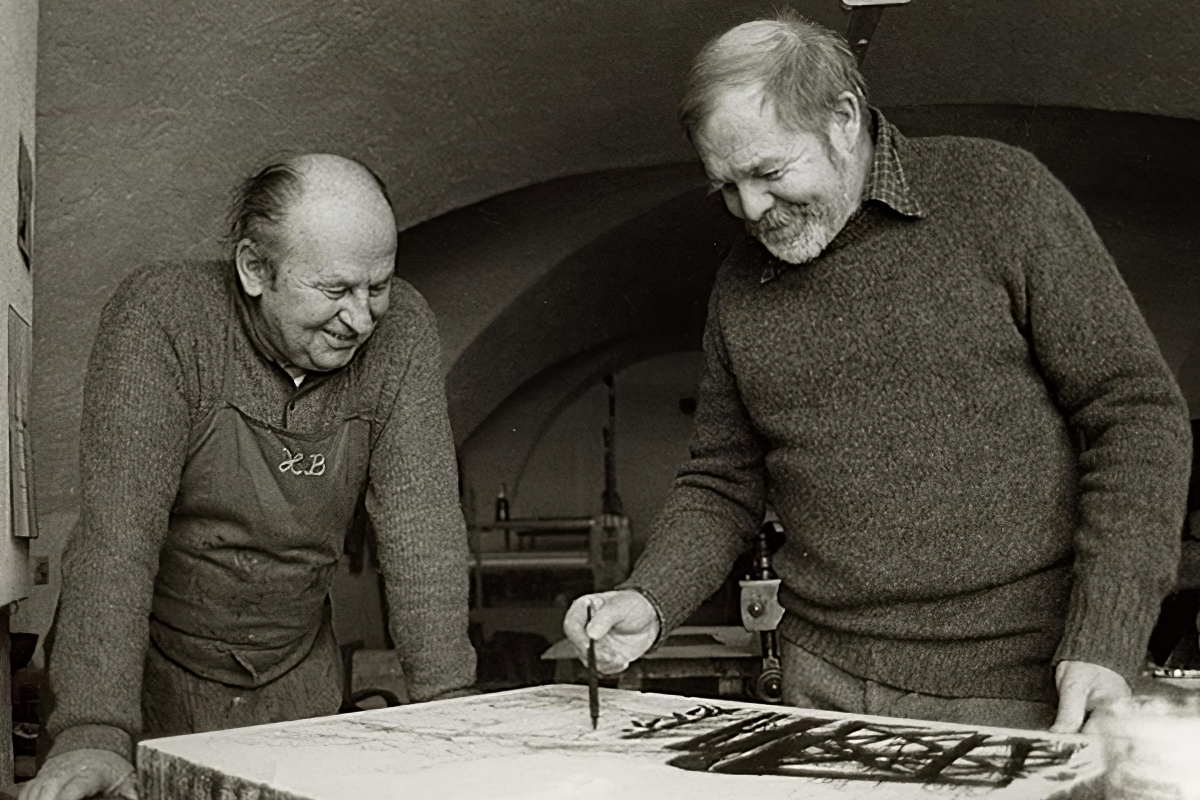
Herbert Breiter was a German-born Austrian painter and lithographer. He is known, in particular, for his landscape paintings, his "atmospheric scenes" and for the many views of Salzburg, his adopted home city, that he produced. His surviving output also includes still lifes and portraits.
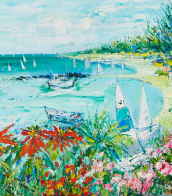
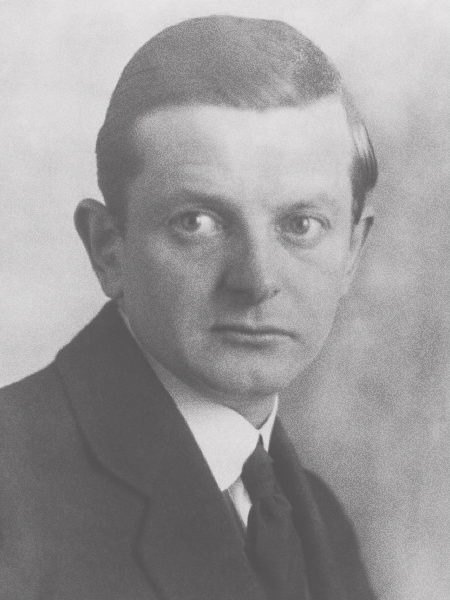
Franz Heckendorf was a German painter and graphic artist who was particularly successful during the Weimar Republic. During the National Socialist era, he was sentenced to ten years in prison after helping Berlin Jews threatened with deportation to extermination camps to escape to Switzerland.

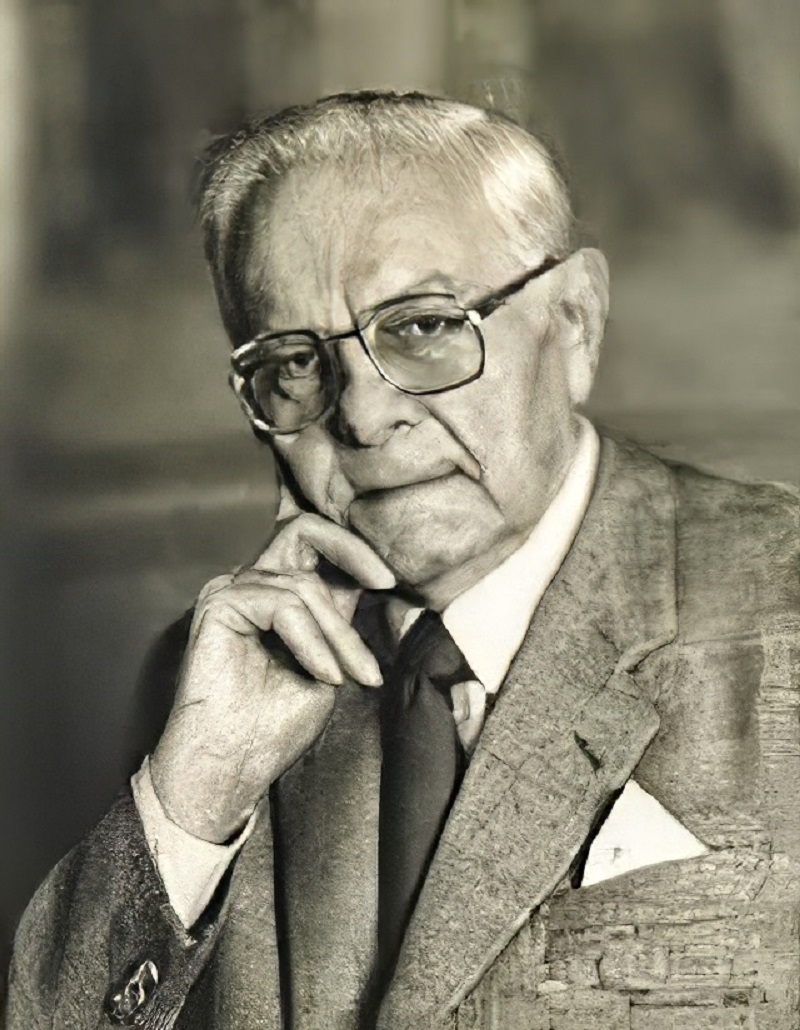
Hubert Kaplan is a contemporary German realist painter.
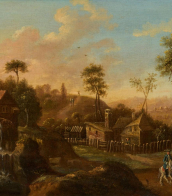
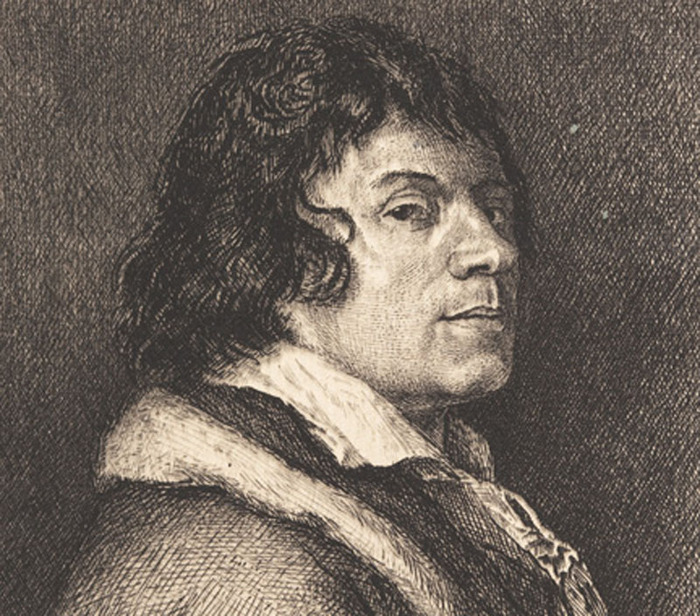
Georges Michel was a French landscape painter and restorer.
Georges Michel painted landscapes in oil and watercolor, creating many paintings of views of Paris neighborhoods. In 1791, the artist made his debut at the Salon, where he continued to exhibit regularly. However, critics ignored Michel, considering his works too similar to those of the Dutch masters. From 1800 he worked at the Louvre as a restorer of Flemish and Dutch paintings, including works by Rembrandt, Jacob van Ruysdal and Meindert Hobbema, who had a decisive influence on his own work.
A forerunner of the Barbizon School, Georges Michel was forgotten for several decades after his death. The first major exhibition of his work was presented in Paris in 1927. Today, his work is in museums around the world, including the Metropolitan Museum of Art, the Hermitage Museum, the Vanderbilt University Gallery, the Strasbourg Museum of Fine Arts, the Victoria and Albert Museum, and many others.

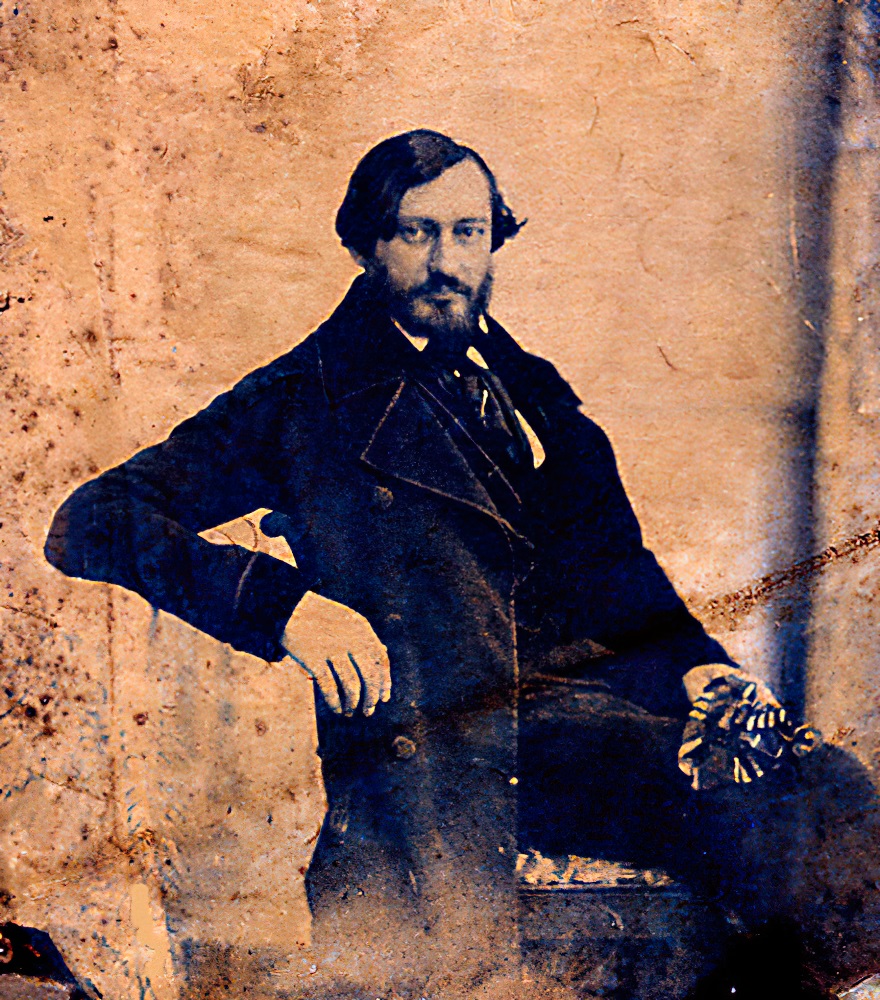
Eduard Wilhelm Pose was a German Romantic landscape painter associated with the Düsseldorf school of painting.

